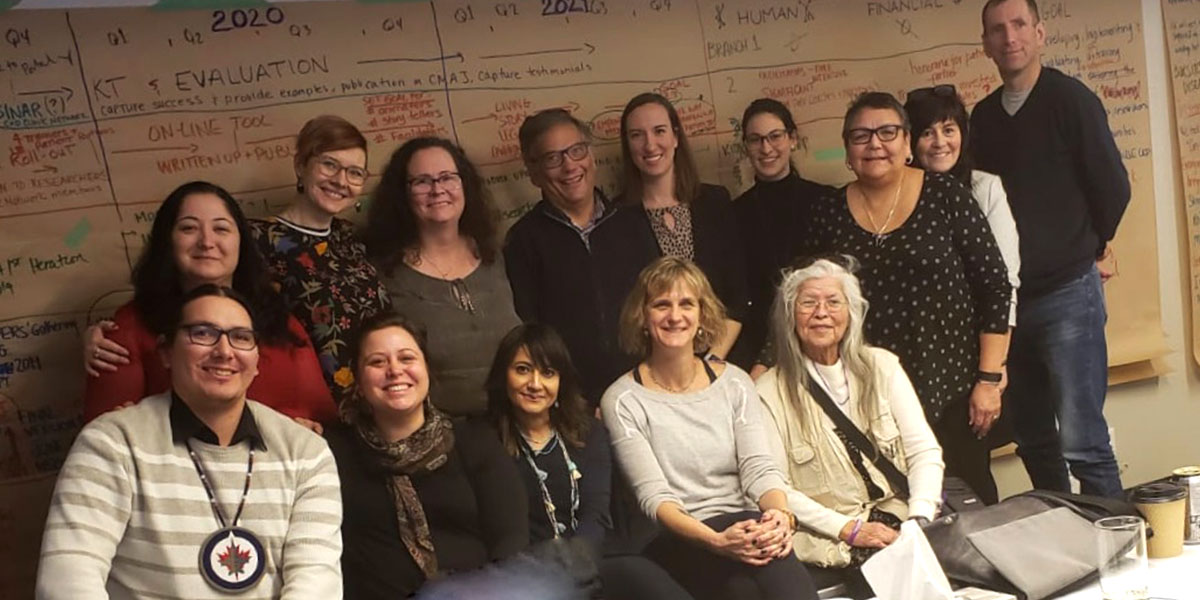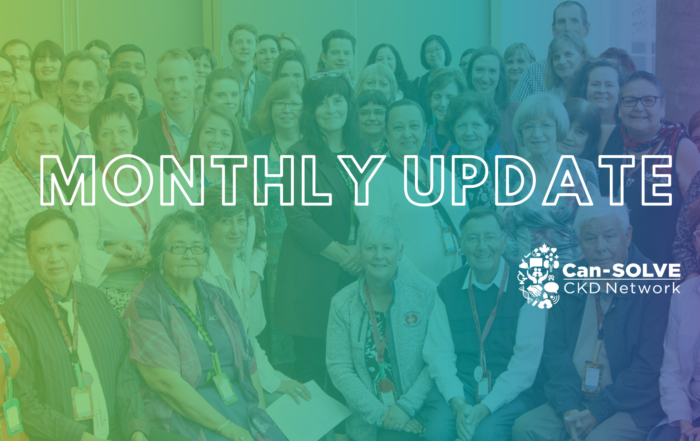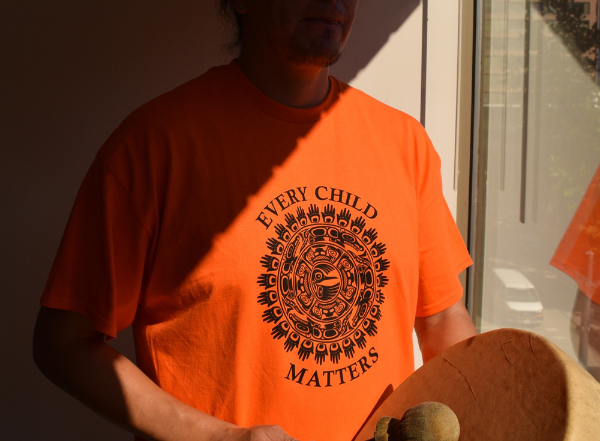
Can-SOLVE CKD was founded in 2016 with one very clear goal in mind: to advance patient-oriented kidney research in Canada. To support this mission, the network established a committee that could create valuable training resources to advance patient-oriented research. Fast-forward to today, and it’s evident the group has made significant strides.
The Training and Mentorship Committee (TMC) consists of researchers, patient partners, Indigenous partners, and Can-SOLVE CKD staff. Early during its inception, the committee helped deliver CIHR’s “Foundations in Patient-Oriented Research” training curriculum to network members. But the group decided to go beyond this initial effort, to conduct its own surveys and identify new ways of achieving its mission.
The survey revealed five gaps remaining for network members after the initial Foundations training. The TMC then set about collaboratively developing the five programs corresponding to each gap, which are referred to as “learning branches.”
Over the years, the group has collaborated closely to develop the innovative programs. With in-person meetings on an annual basis in Montreal, and plenty of coordinating in-between, the group has formed a unique bond and shared passion for their work.
“This is one of my favourite committees to work on,” says Leah Getchell, a TMC member and Can-SOLVE CKD Patient Partnerships and Training Lead. “Because we’ve worked together now for four and a half, five years, across timelines and across experiences, we’ve really grown together and have really developed something special. I’m proud of all of the modules that have come to life.”
As a TMC member, Getchell has contributed to all five learning branches in various ways. The fifth and final module, Telling Stories with Impact, which will launch this year, was a particularly important project for her to work on.
“My mom was a professional storyteller, and I know that humans connect through stories,” she says. “Sharing stories is a really powerful tool, and so I was really glad to be able to weave that into the work that we were doing within the network and to support patient-oriented research.”
Can-SOLVE CKD Learning Branches
Patient Engagement Toolkit
Patient Engagement Toolkit
As patients and researchers began to work together more and more, there was a need for practical tools to support these collaborations. Therefore, the TMC created the Patient Engagement Toolkit, which helps research teams communicate, identify common goals, and define roles for patients. The toolkit includes tips for collaboration in patient engagement, a glossary of terms, and practical tools to support the internal functioning of teams, such as a skills and contributions chart.Telling Stories with Impact
Telling Stories with Impact
All patients and their family members have important stories that capture the emotions and real-life experiences of what is like to live with kidney disease and receive care. Sharing these stories with research teams and others is a helpful strategy for fostering better appreciation and understanding of what it is like to live with kidney disease. Through an eight-week course, this program helps patient partners learn how to craft and share their health care stories in an impactful way. Participants taking this module learn how to organize their story by writing about two moments in care that they wish to share, along with a call to action for improving kidney care.
KidneyPro: Promoting Kidney Research in Canada
KidneyPro: Promoting Kidney Research in Canada
This module was created to help patients better understand the research process and landscape in Canada, with the goal of helping them participate more meaningfully throughout all stages of research. KidneyPro, along with providing a general overview of kidney research in Canada, helps participants familiarize themselves with the roles that patient partners can play in research. KidneyPro is also available in French.Wabishki Bizhiko Skaanj Learning Pathway
Wabishki Bizhiko Skaanj Learning Pathway
A unique and important branch of the modules is the Indigenous cultural safety learning pathway, named Wabishki Bizhiko Skaanj (pronounced wah-bish-kih biish-ih-goo skaa-nch) which means “White Horse” in Anishinaabemowin. This branch aims to enhance researchers’ knowledge and awareness of racial biases, Indigenous voices and stories, the impact of colonization on Indigenous health, and promote cultural safety. “We have been researched to death. But it is our responsibility to research ourselves back to life,” says Helen Robinson-Settee, an Indigenous TMC member who helped develop Wabishki Bizhiko Skaanj.



Connect with us